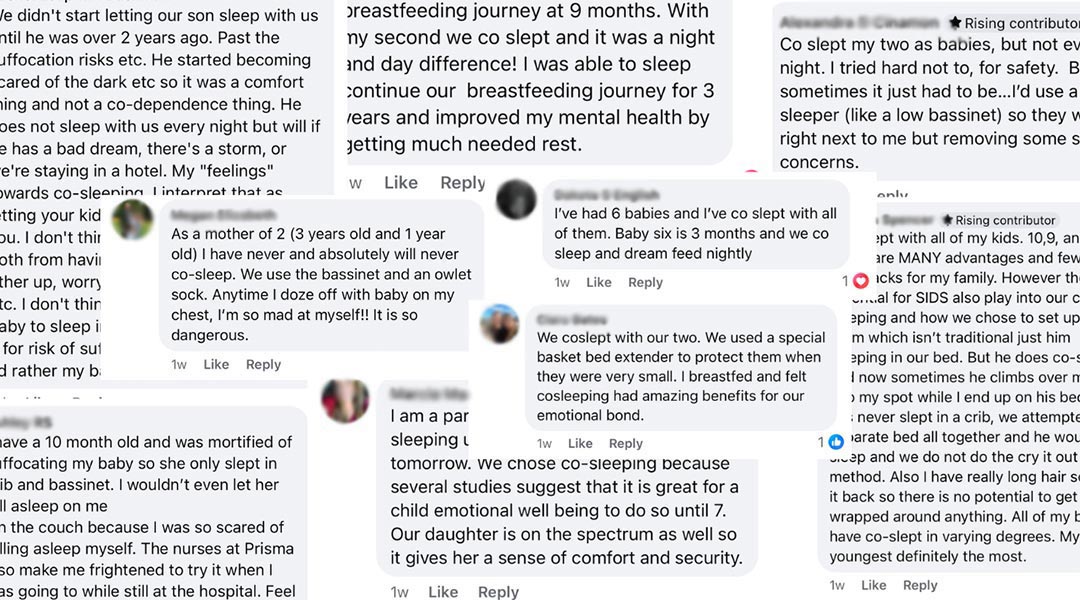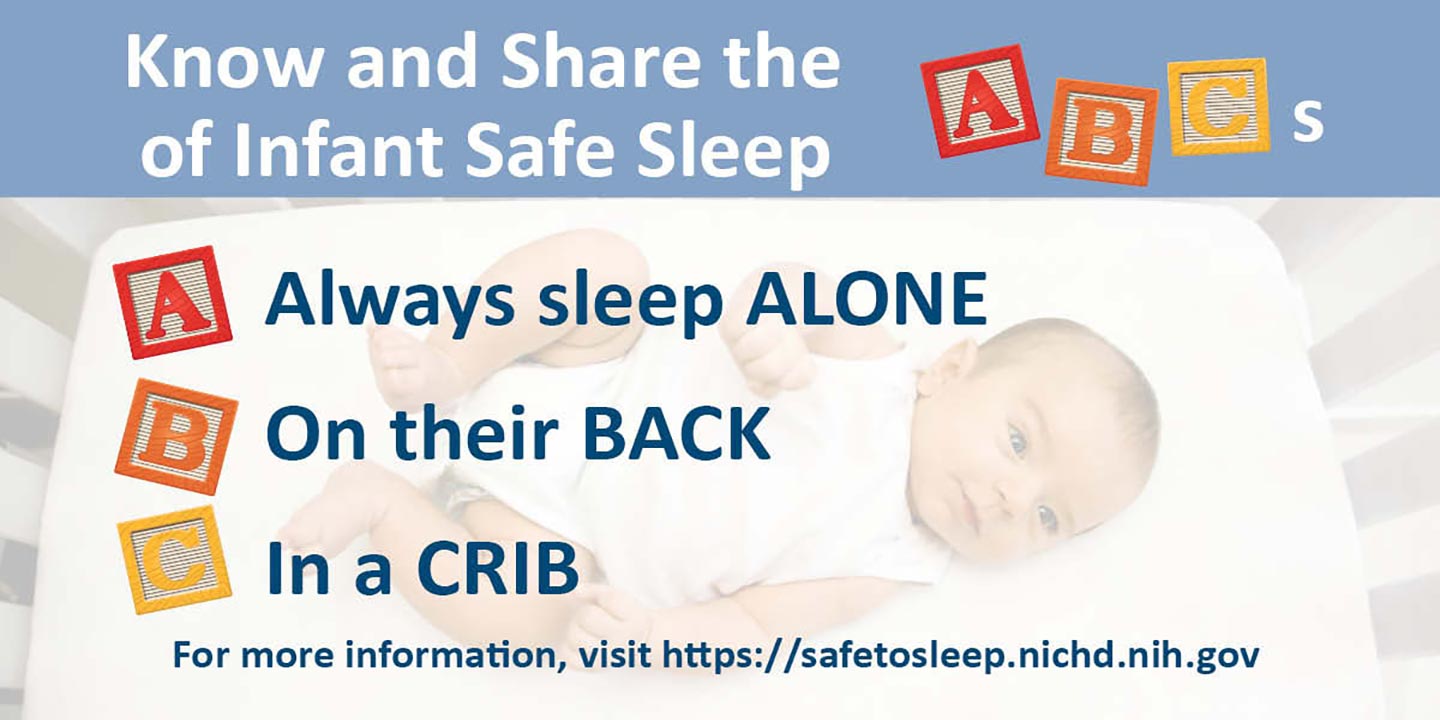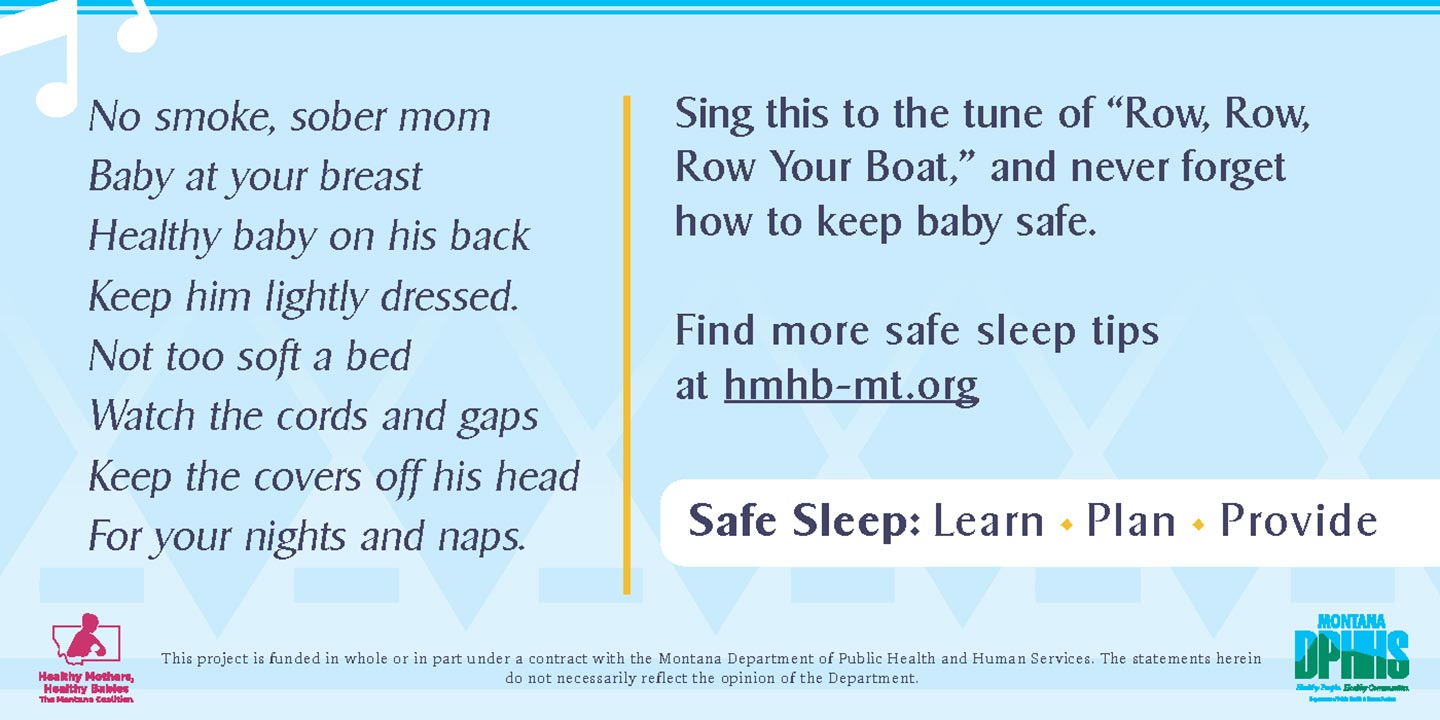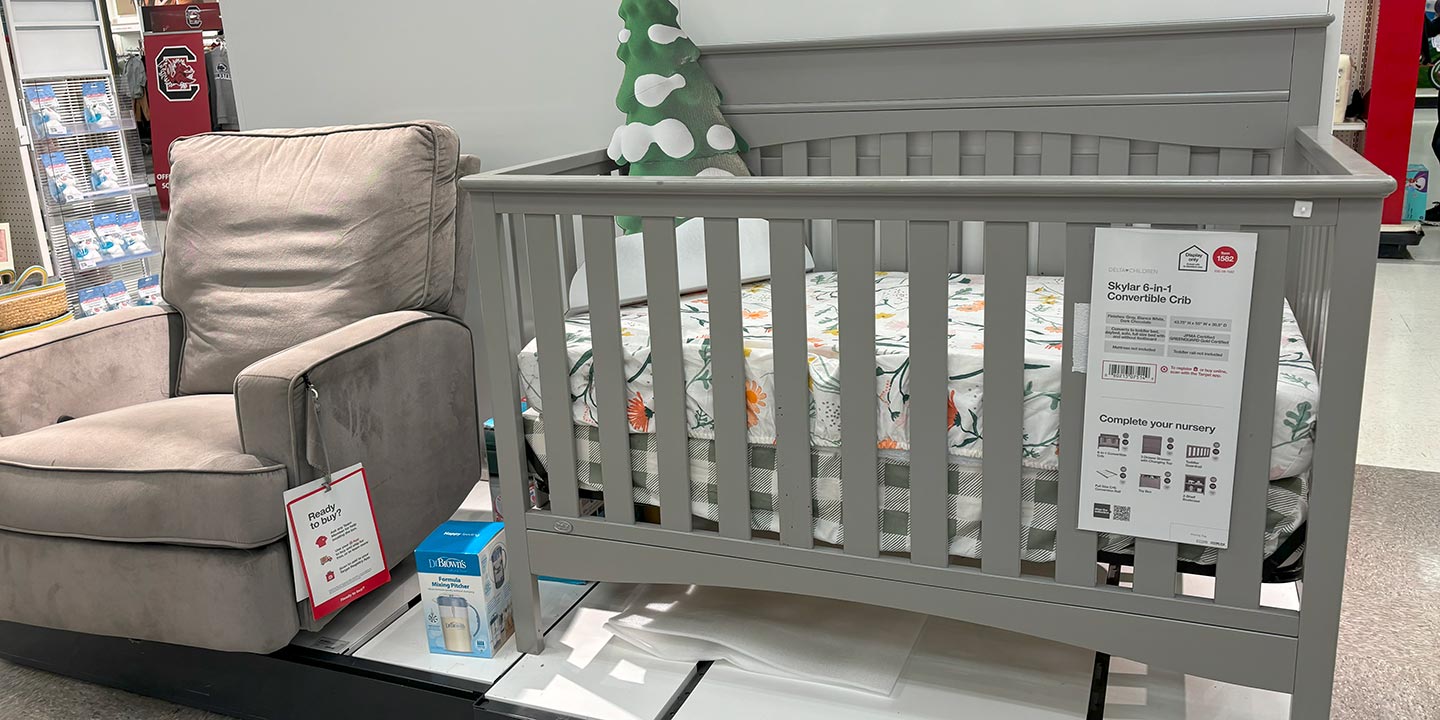Comments from mothers sharing their opinions on co-sleeping in the ‘Moms of Columbia S.C.’ Facebook group (Graphic by Sydney Zulywitz/Carolina News & Reporter)
South Carolina law enforcement is warning folks about an alarming trend: a rise in infants dying in their sleep.
Unsafe sleeping conditions caused four infant deaths in just one week in the state in September, the State Law Enforcement Department reported.
“What I continue to see is very concerning,” said Lt. April Sykes in a recent Facebook post from the department.
Expert advice has common themes: Have infants sleep alone and in a crib. But both recommendations present challenges, and some parents say it’s not that simple.
“If you look online, you’re largely going to find, ‘Don’t do it. You’re going to kill your baby,’” said Franky Hartman, a Columbia mother whose daughter was born prematurely. “You’re talking to a brand-new parent whose hormones are already all over the place. So that’s not helpful.”
The issue with ‘alone’
The American Academy of Pediatrics recommends children sleep alone to avoid accidental suffocation or strangulation.
But for new mothers, being closer to their children throughout the night while pumping or breastfeeding could mean extra, much-needed sleep.
“It was just so exhausting to be up every couple of hours,” said Amanda Jean DiPietro, a Columbia mother of four. “I wasn’t getting good sleep, and then eventually, my body was just going ‘You have to sleep.’”
She began to fall asleep while nursing her son on a couch where he could easily fall to the ground or get wedged between cushions and armrests. She knew it was time for a change.
When she searched for answers on how to safely co-sleep, most information just warned against the practice, she said.
Both Hartman and DiPietro ended up reaching out to friends or family in the medical field for advice on how to safely co-sleep. But not everyone has the luxury of having a professional in the family, they said.
Infant sleep-related deaths increased nationally by 30 percent from 2012 to 2022, according to the Centers for Disease Control and Prevention.
The lack of available information on how to safely co-sleep could be contributing to the deaths, DiPietro said.
“It’s hard when we’re not getting good information from doctors and nurses and our pediatricians and all of that about how to do it safely,” she said. “I think then you do have people who are not doing it safely.”
Co-sleeping is more common than people make it out to be, and most breastfeeding mothers will bedshare at some point in their child’s infancy, lactation experts say. So, mothers must be prepared to do it safely using what’s known as the “Safe Sleep Seven.”
Expert guidelines say parents should:
- Not smoke
- Be sober
- Breastfeed
- Have full-term babies
- Put their infants on their backs to sleep
- Place their infants in light clothing, without swaddling
- Have a safe surface: a firm mattress, light bedding, no strings or chords and no gaps between the mattress and the headboard or wall.
The crib complexity
Sometimes the decision to co-sleep is not a decision at all. It’s a product of circumstance.
Some parents who can’t afford a crib end up regularly co-sleeping, and their children have died as a result, said Connelly-Anne Ragley, a spokesperson for the S.C. Department of Social Services.
“Imagine if that family had the resources in the first place to get that child alone and sleeping in a crib,” she said. “Then maybe a co-sleeping, unsafe sleep death might not have occurred.”
The department works with nonprofits such as Cribs for Kids to provide cribs for S.C. families in need to help combat the issue.
Families can also request home visitations to assess sleep conditions from the Children’s Trust of South Carolina, funded by the U.S. Department of Health and Human Services.
But limited funding makes it impossible for all at-risk families to be reached, said Dr. Mary-Fran Crosswell, chair of the State Child Fatality Advisory Committee.
“That’s kind of put into the Legislature’s hands,” she said.
Legislators allocate funds for the visitation program. So it’s important for the committee to accurately represent the extent of the issue before the state legislature, Crosswell said.
Current analysis methods could be underrepresenting how many deaths unsafe sleep plays a role in. And that may prevent the committee from emphasizing the full extent of the issue, she said.
Current methods would label an infant’s pneumonia death “natural” even if unsafe sleeping conditions were present, for example.
The committee is working to change its methodology in the unreleased 2024 report to acknowledge all deaths that unsafe sleep contributed to in any way. That may help better represent the extent of the issue to policymakers, she said.
Safe sleep reccomendations from the S.C. Department of Health and Human Services (Graphic by S.C Department of Health and Human Services/Carolina News & Reporter)
A nursery rhyme for parents to remember safe co-sleeping habits (Graphic by Healthy Mothers, Healthy Babies: the Montana Coalition/Carolina News & Reporter)
Crib prices at Target range from $102 to $1,000. (Photo by Sydney Zulywitz/Carolina News & Reporter)





